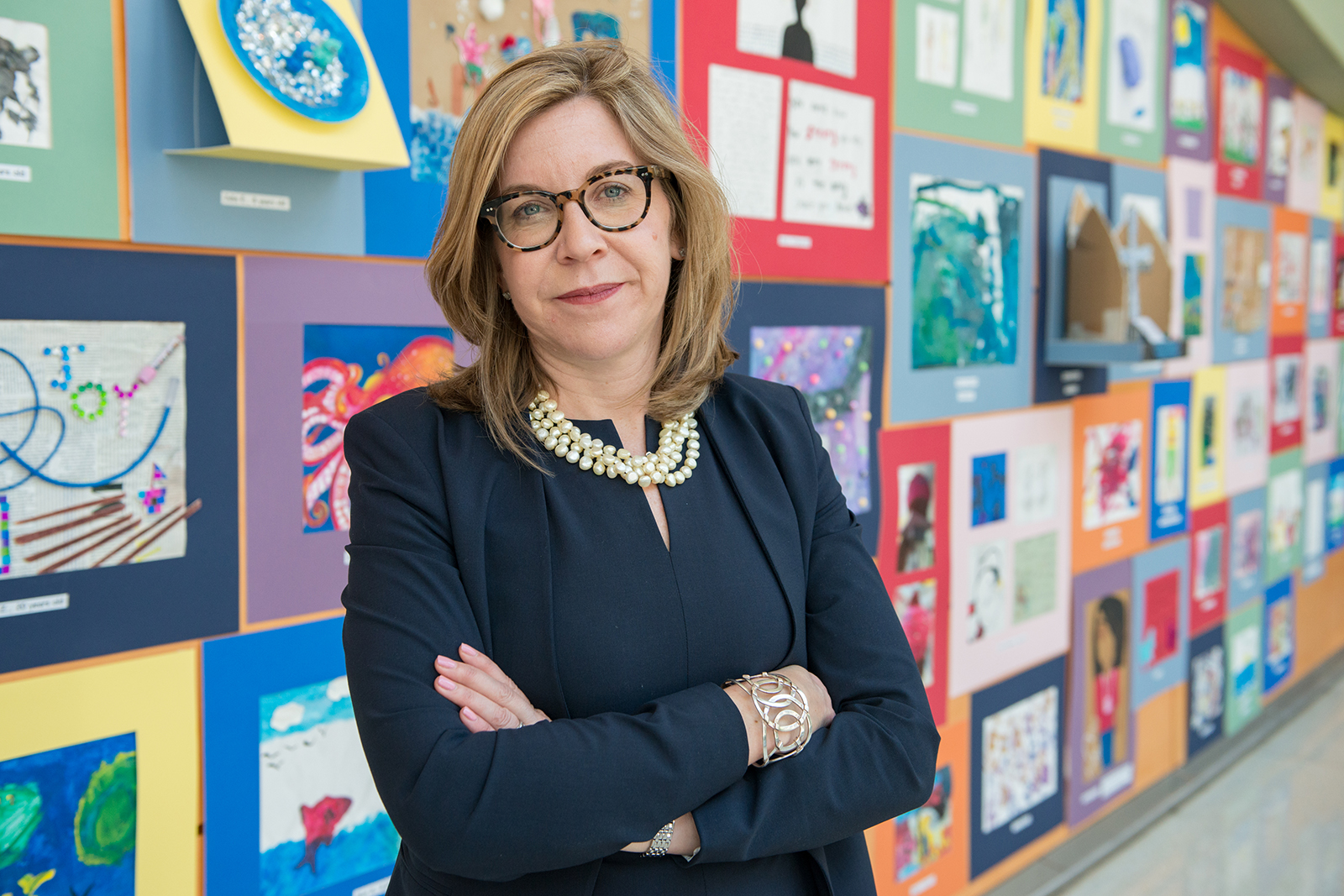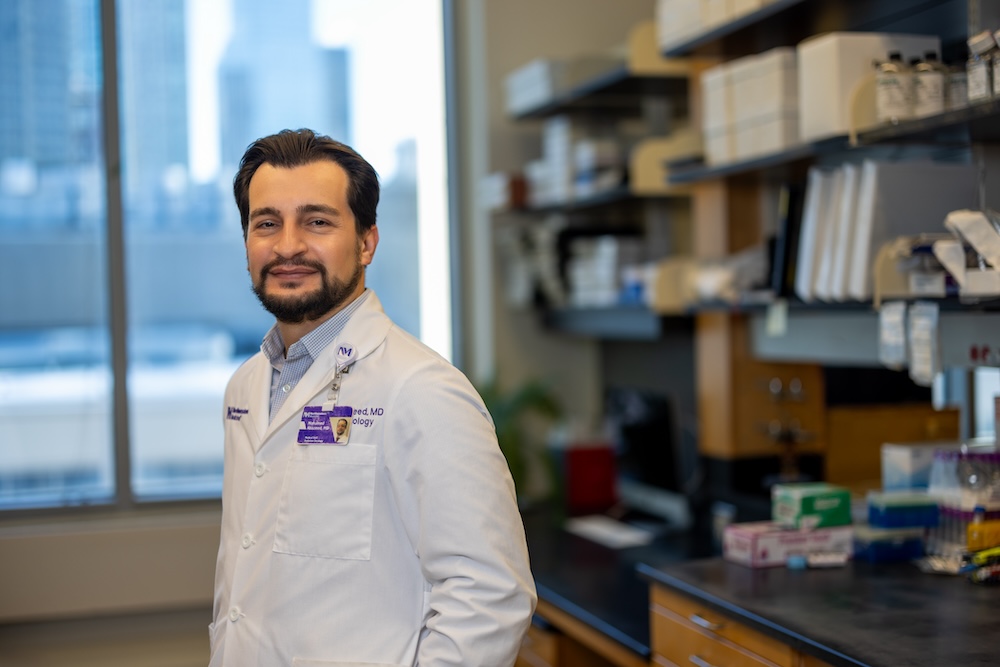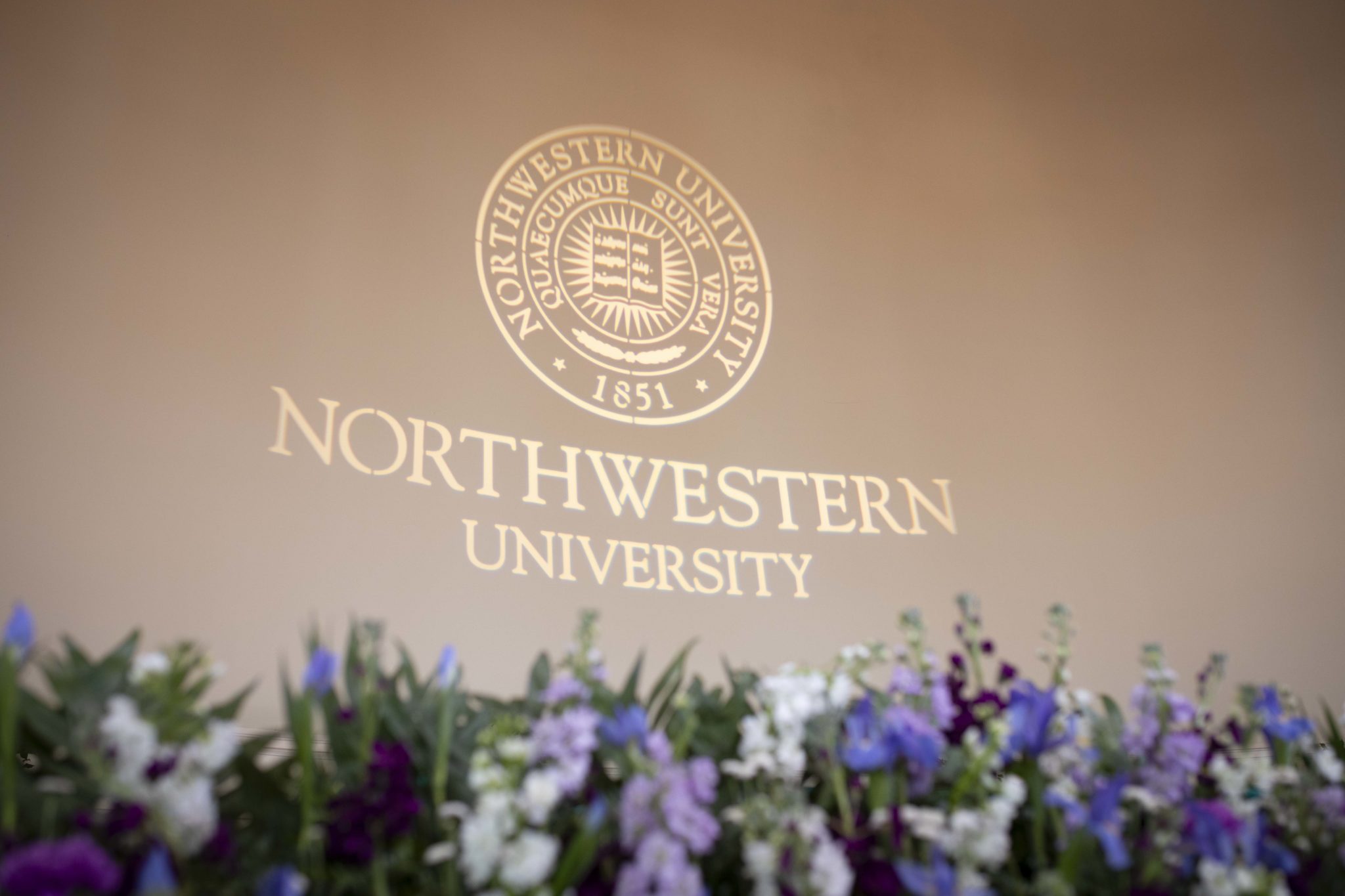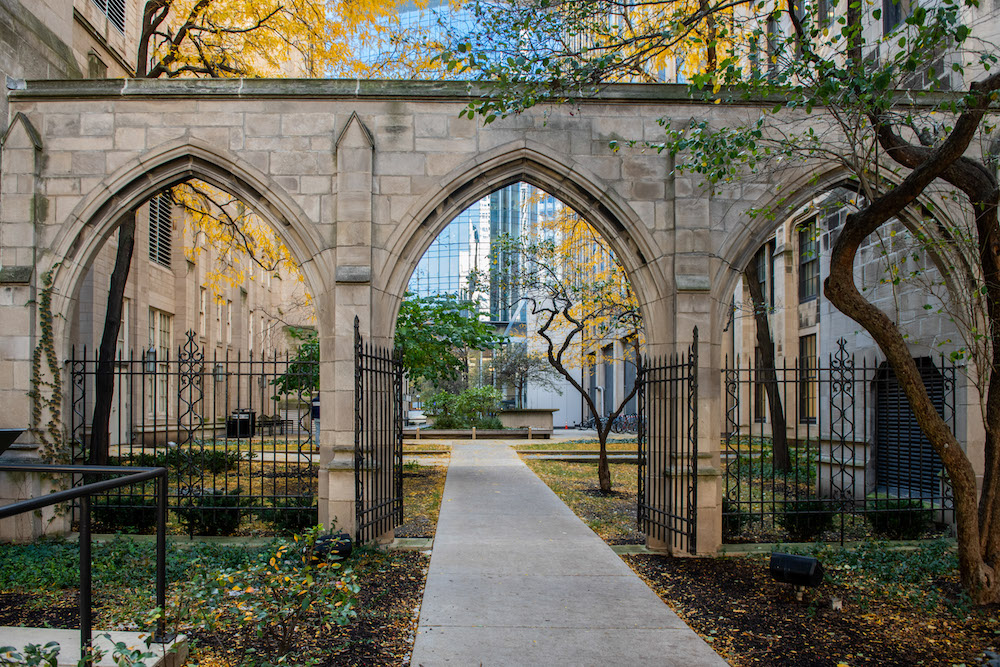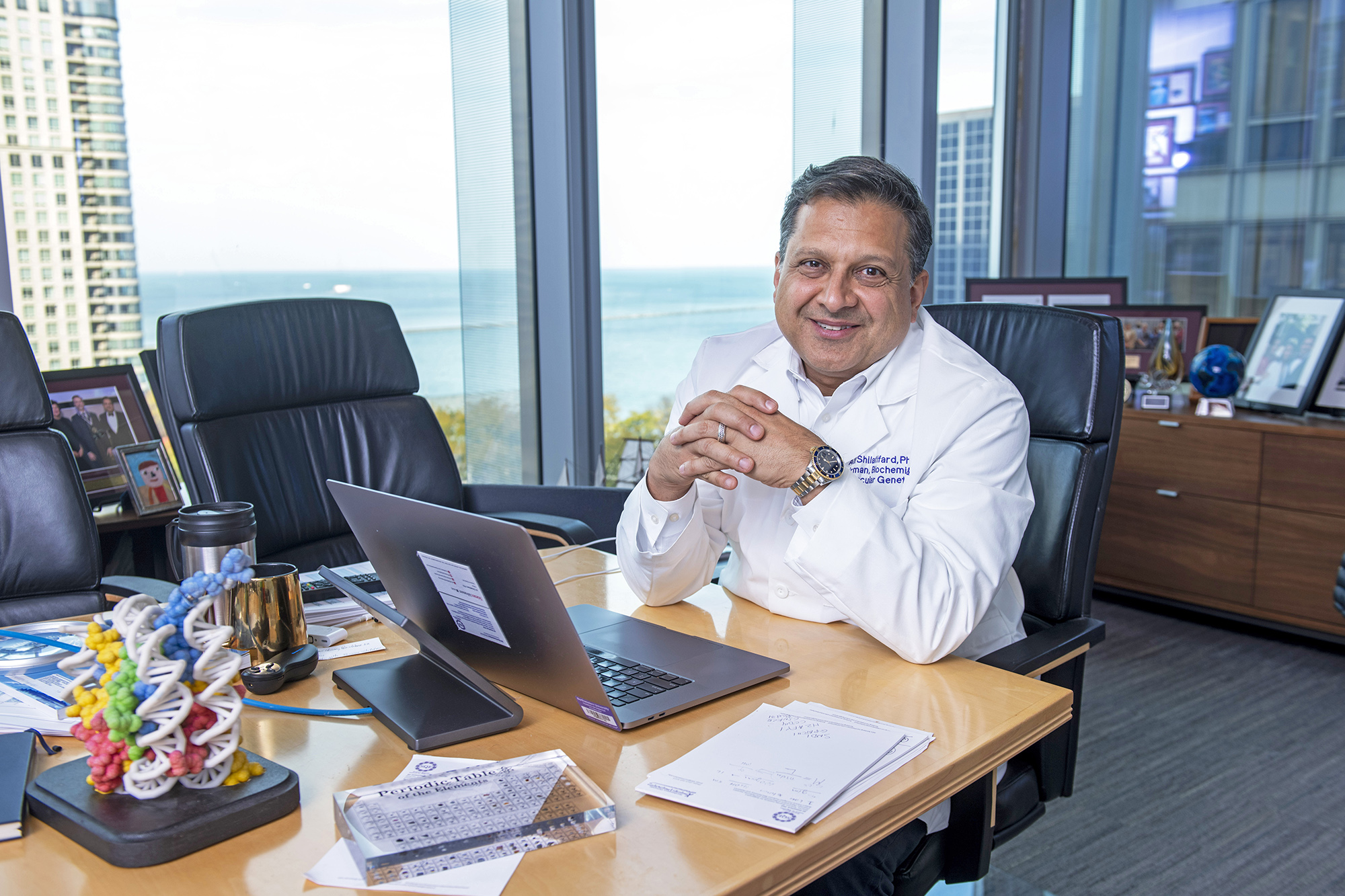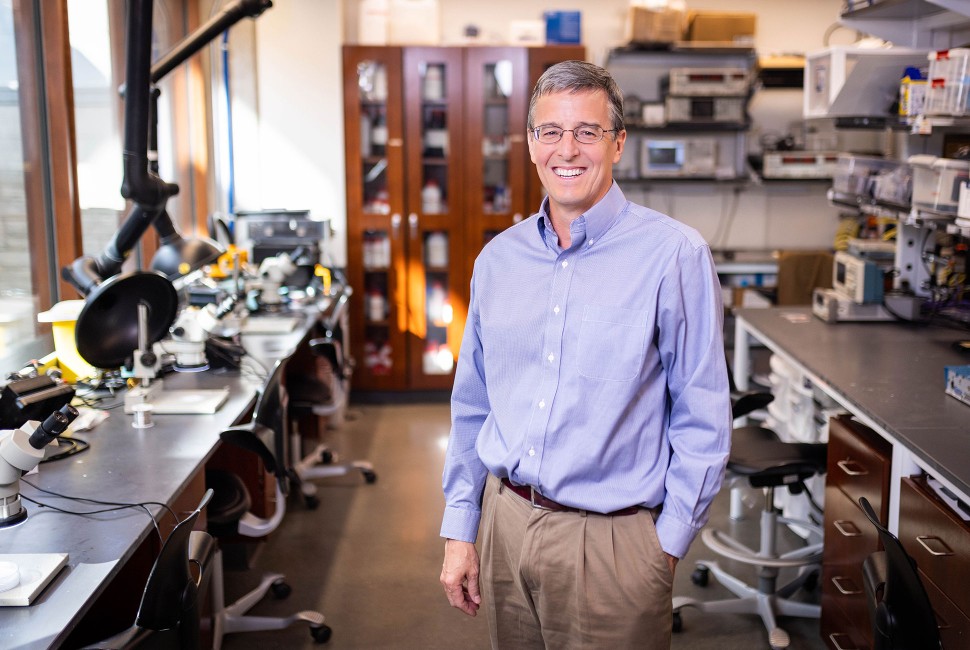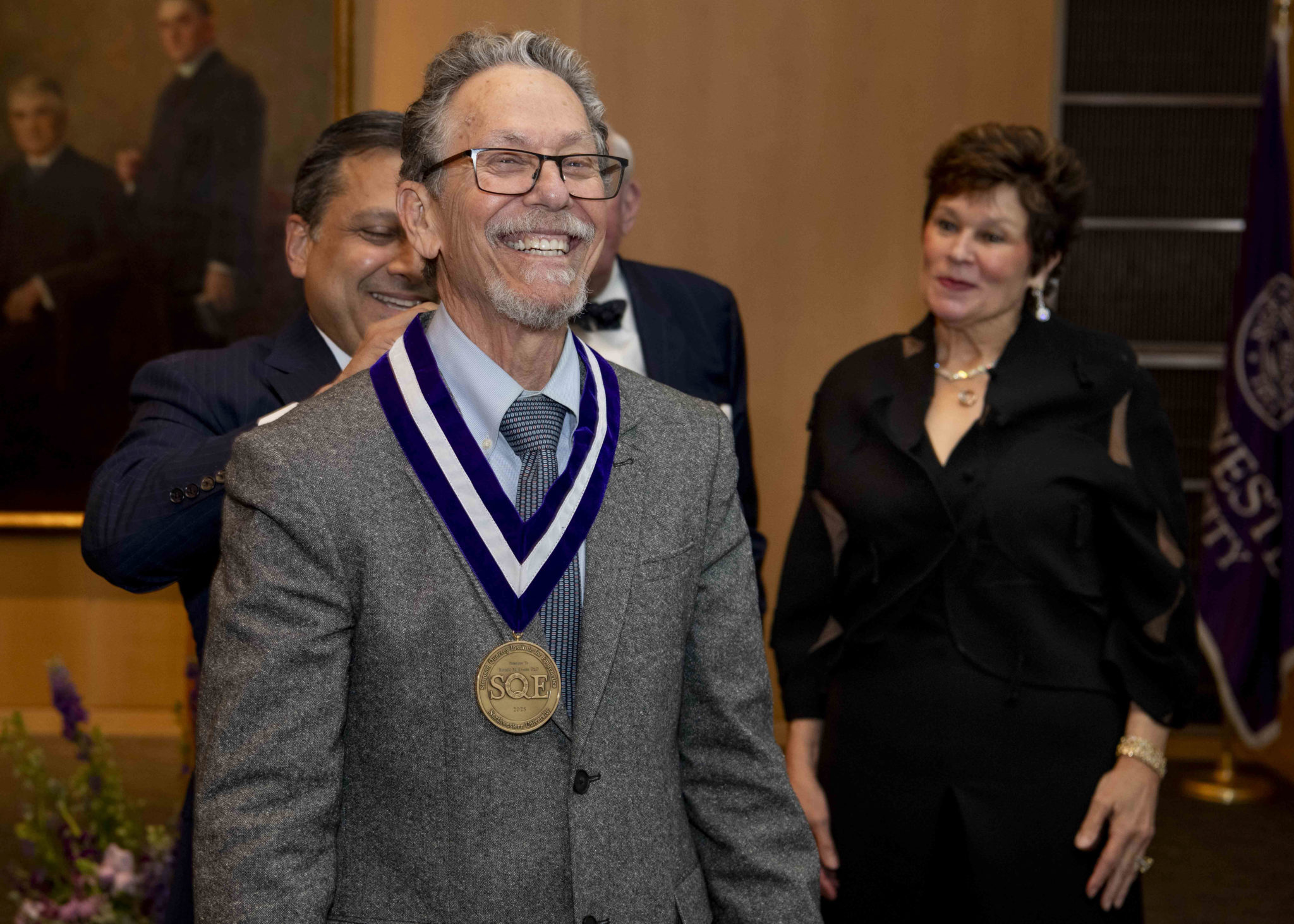Home / Campus News / Protecting Our Promise
Protecting Our Promise
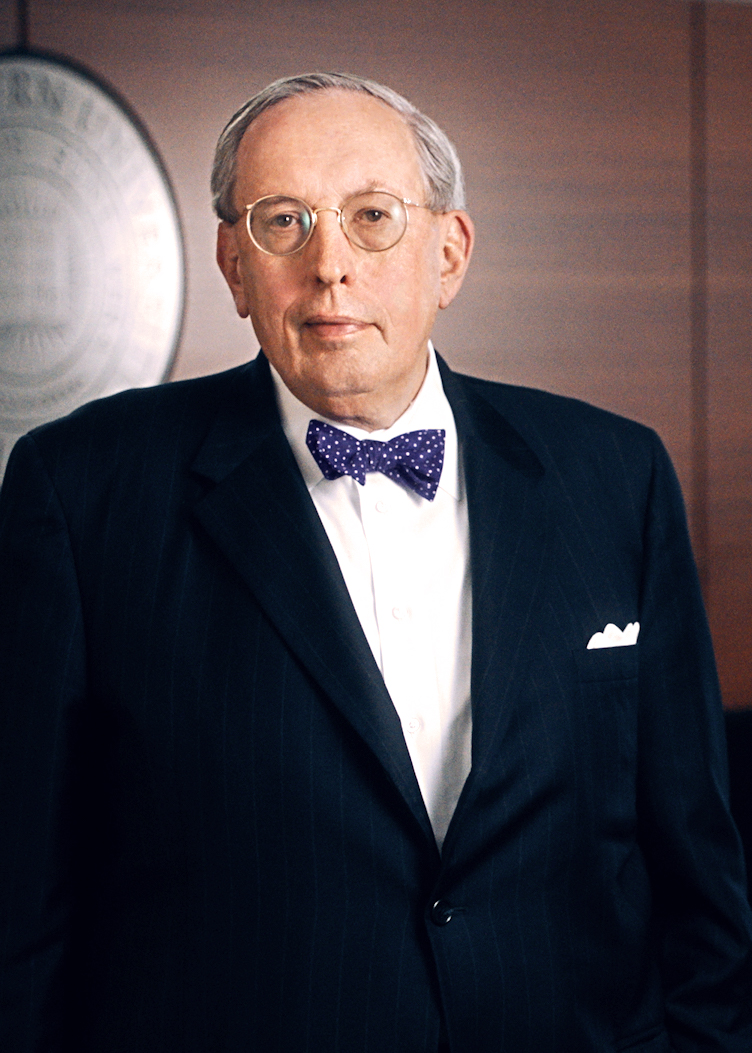
The history of biomedical research in the United States is a testament to the promise of scientific discovery, public investment, and the enduring partnership between our nation’s universities and the federal government. This alliance – flourishing since the World War II era – has propelled extraordinary advances in human health, fueled economic growth, and positioned the United States as a global leader in medical innovation. From eradicating deadly diseases to pioneering life-saving therapies, the fruits of this collaboration have profoundly improved the lives of millions and reshaped the practice of medicine.
Yet as of this writing, this vital partnership stands at a crossroads. Despite its proven value and limitless potential, it is under attack – jeopardizing our progress and future breakthroughs that depend on sustained commitment and vision.
As I have written previously, there is nothing that touches a patient today that did not have its origin somewhere as an experiment – often decades in the making. Yet now, many of these efforts are in danger of being halted prematurely. Promising investigations into new drugs for Alzheimer’s and amyotrophic lateral sclerosis (ALS), personalized cancer treatments for the sickest patients, and drug-free care for heart disease may remain unfinished, delayed indefinitely.
Work already in the pipeline cannot be simply shut off and turned on again at will, nor is there an injured-reserve list to bring back scientists who are leaving because of terminated or frozen grants. The long-term consequences of this drain will be felt not only in our laboratories, but in our clinics and communities.
For nearly 80 years, ever since Vannevar Bush’s report to FDR, “Science: The Endless Frontier,” research universities have worked with government to improve human health beyond the individual patient. Now more than ever, we must reaffirm our national commitment to federally funded biomedical research.
In this issue, you will read about groundbreaking discoveries funded largely by federal dollars emerging from labs at Northwestern and those employing our Feinberg alumni across the country. From developing game-changing medical devices to creating novel technology for new vaccines, our innovative work continues to push the boundaries of what is possible.
Scientists at Northwestern, for example, have created a cardiac pacemaker so small that it can fit inside the tip of a syringe and be injected into the body non-invasively. This revolutionary device is set to fulfill the critical need for temporary pacemakers in pediatric heart surgeries.
Investigators are also taking aim at treating conditions in patients well before they develop using next generation blood tests. These novel tests combine the power of epidemiology with discovery proteomics to identify protein biomarkers circulating in the blood that can determine a patient’s early risk for conditions like lung disease, heart failure, and prostate cancer, as well as measure overall health.
Feinberg’s innovation is not limited to device and drug discovery; in our academic medical center we are building the foundation for using new technologies to improve patient outcomes and experiences. Our Center for Bedside Medicine is revitalizing patient interactions by combining traditional elements of the bedside encounter with leading-edge medical technologies like artificial intelligence.
The story of biomedical research in America is still being written. In Northwestern’s laboratories and clinics, and around the nation, scientists and physicians are hoping to respond to the greatest challenges humanity faces. Only in an environment like ours can daily interactions serve as catalysts for discovery, linking ideas and people to a better future. With continued public investment, we can ensure the next generation of breakthroughs becomes reality. The promise of discovery is not a distant hope; it is our present. We must protect this promise – champion it – and ensure it carries forward, for the health of our patients and the benefit of generations to come.
With warm regards,
Eric G. Neilson, MD
Vice President for Medical Affairs
Lewis Landsberg Dean
Northwestern University Feinberg School of Medicine

